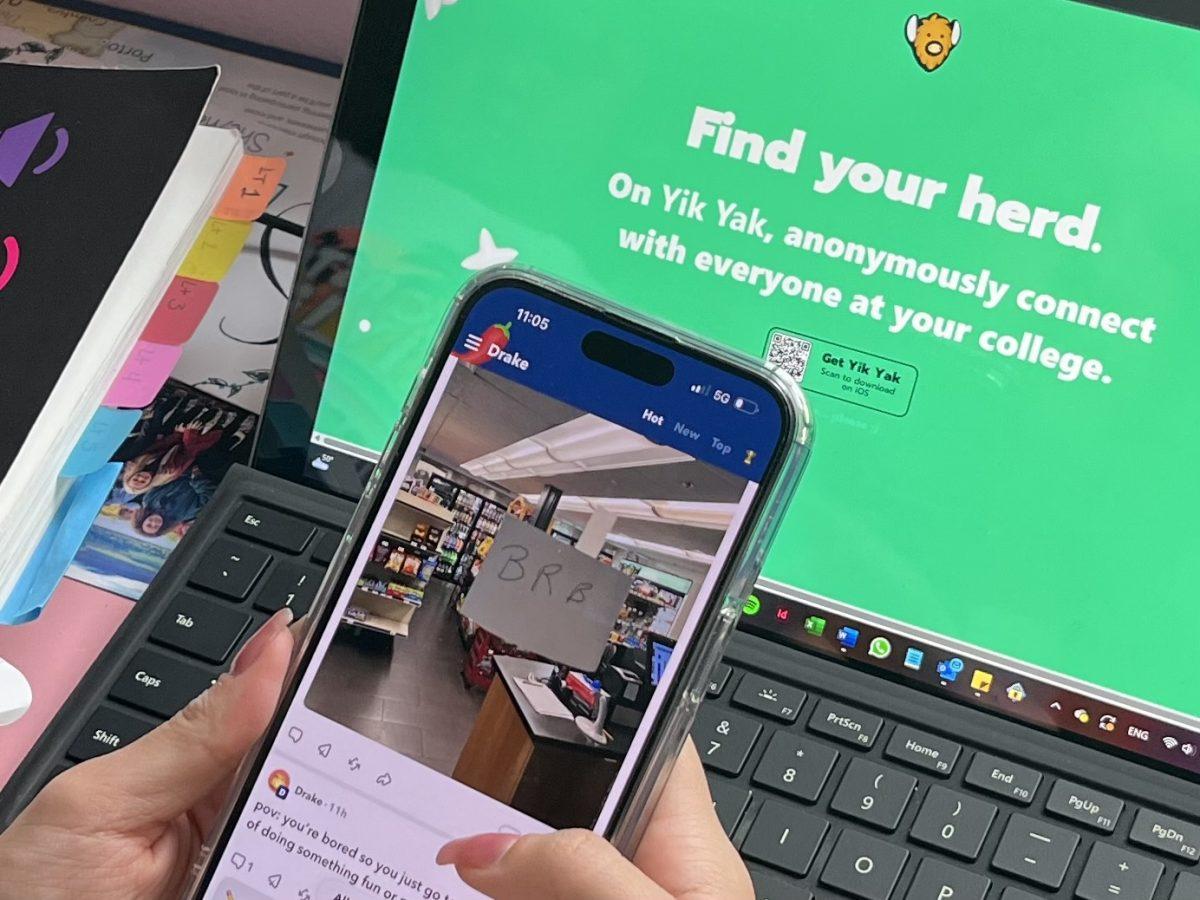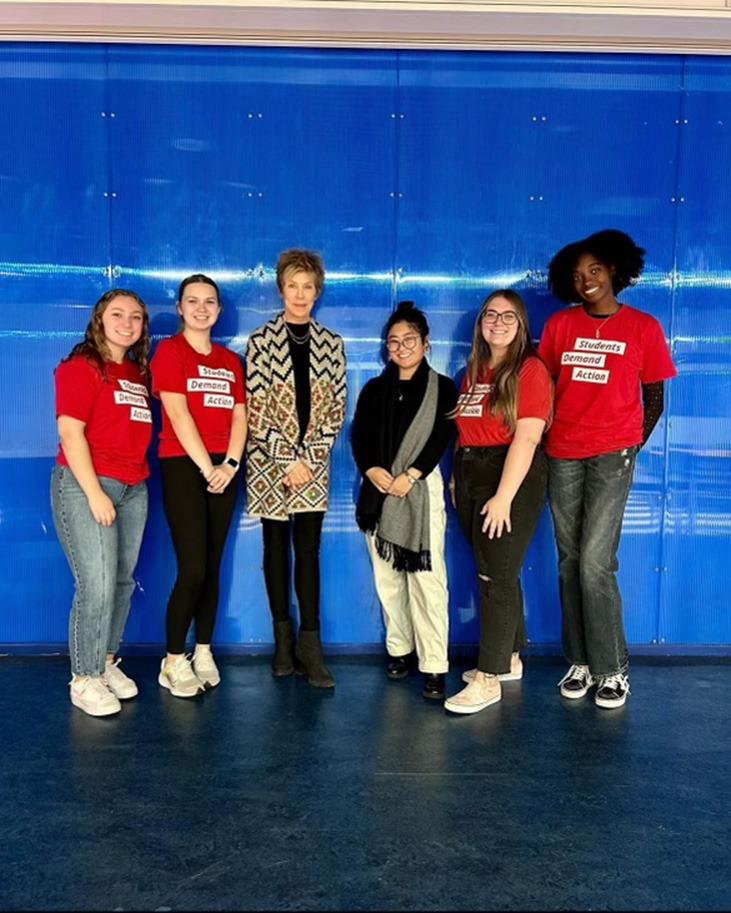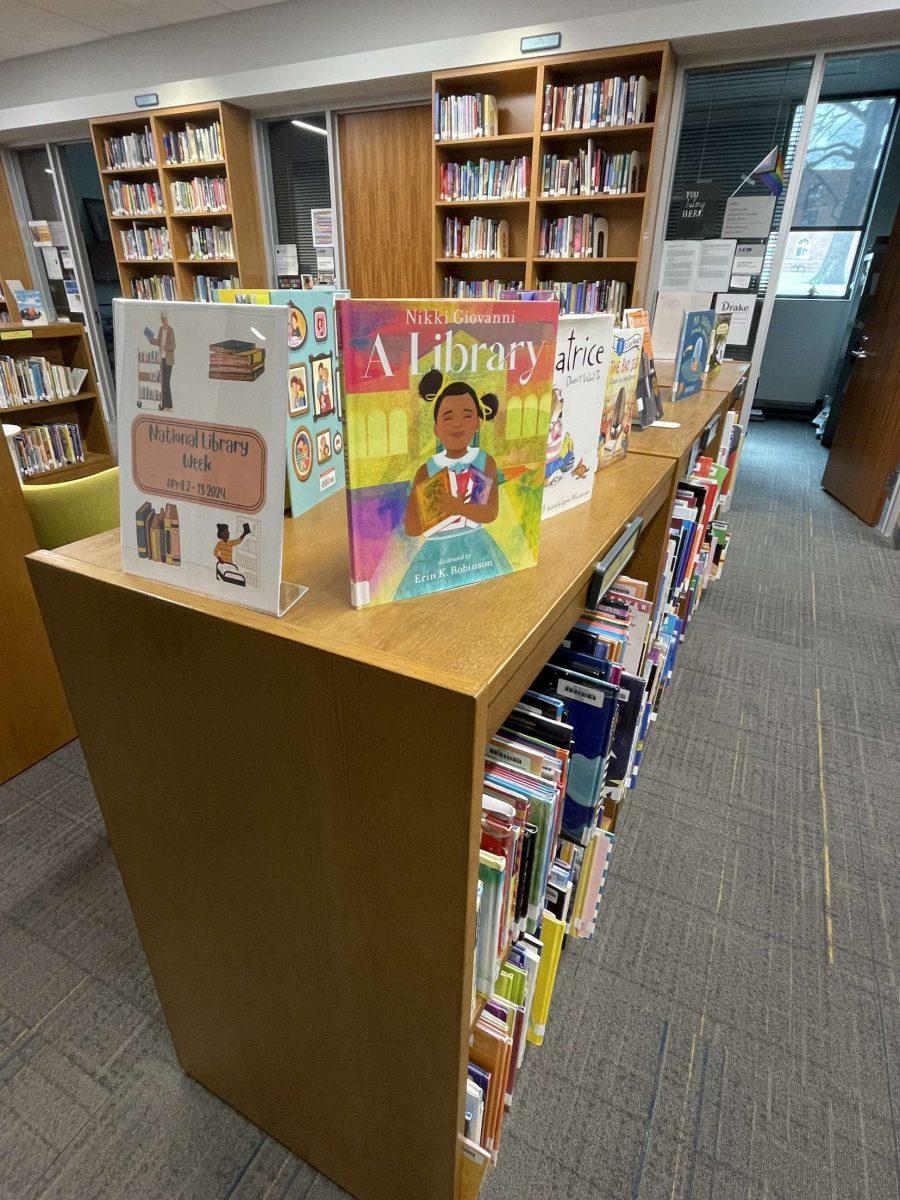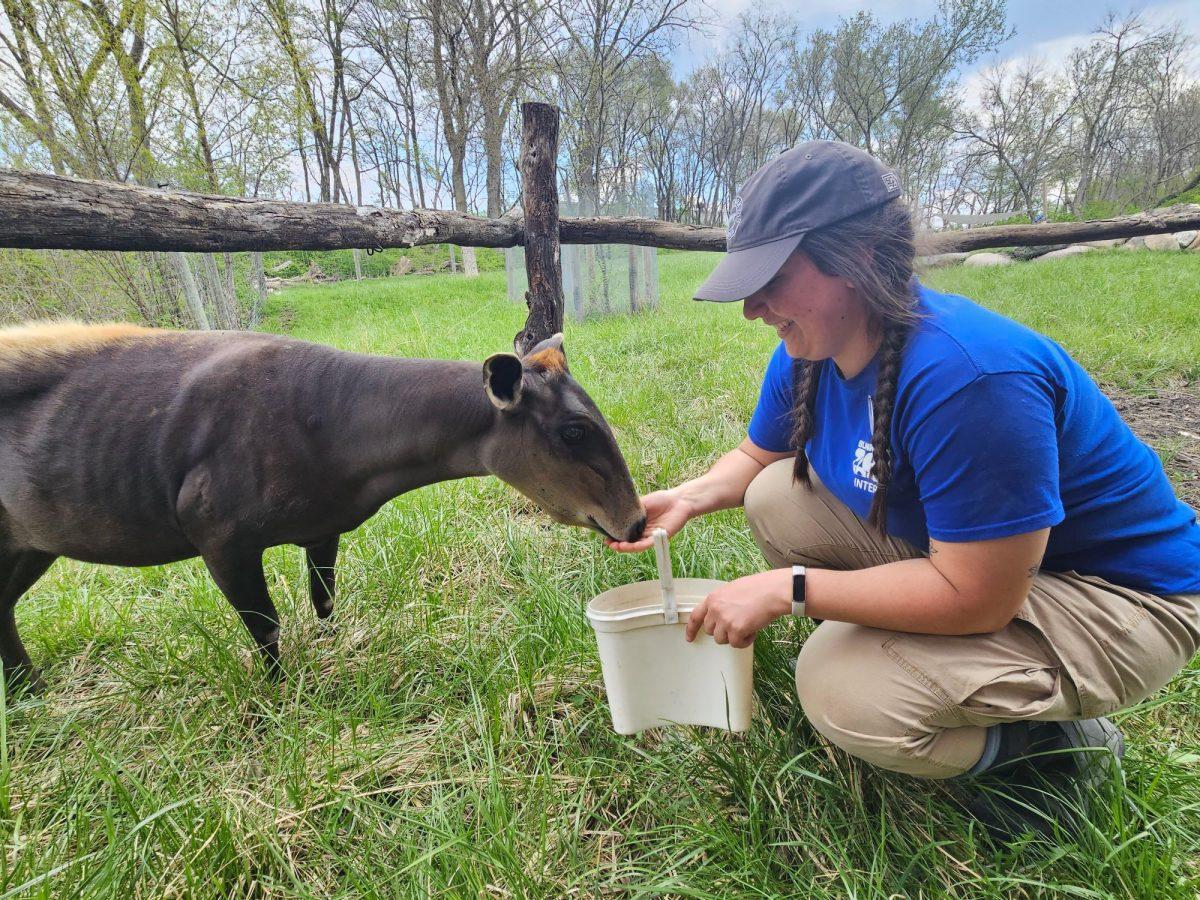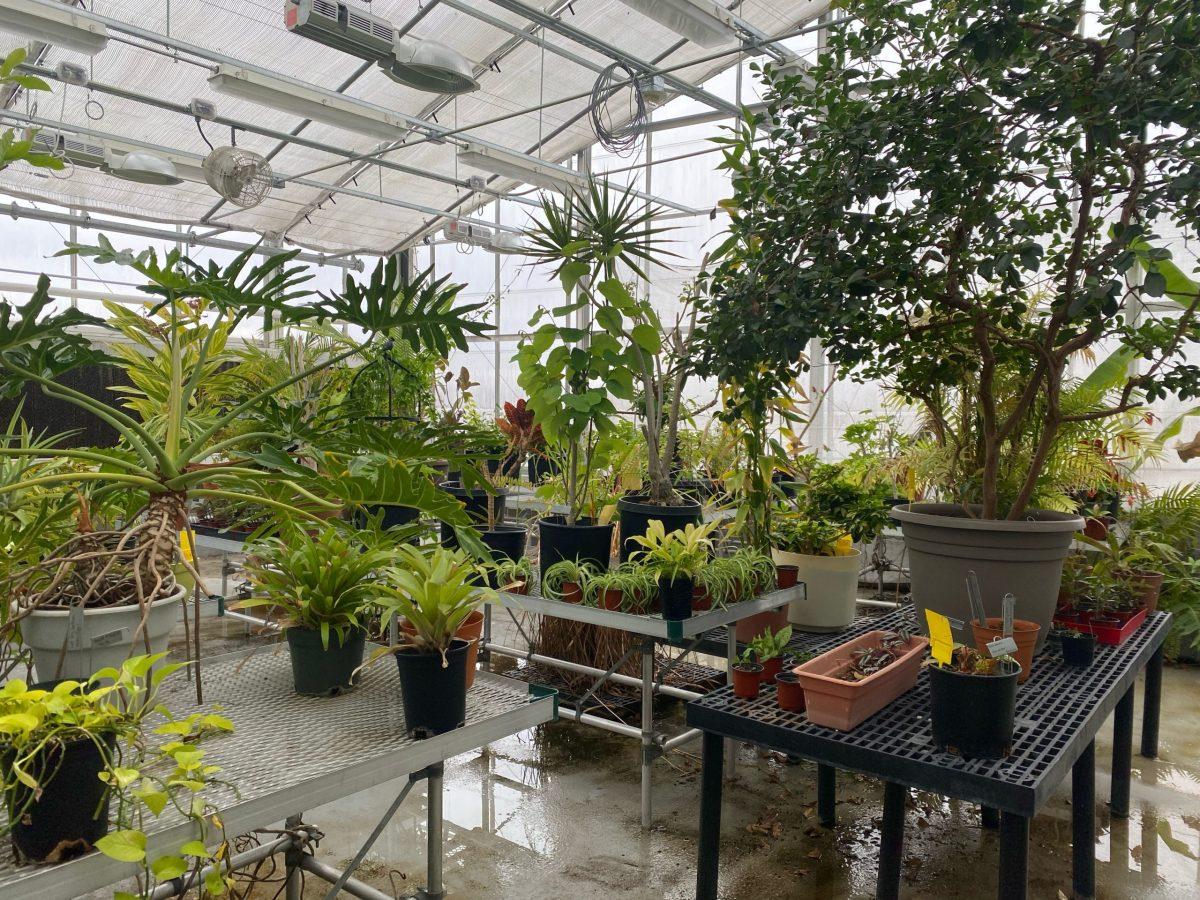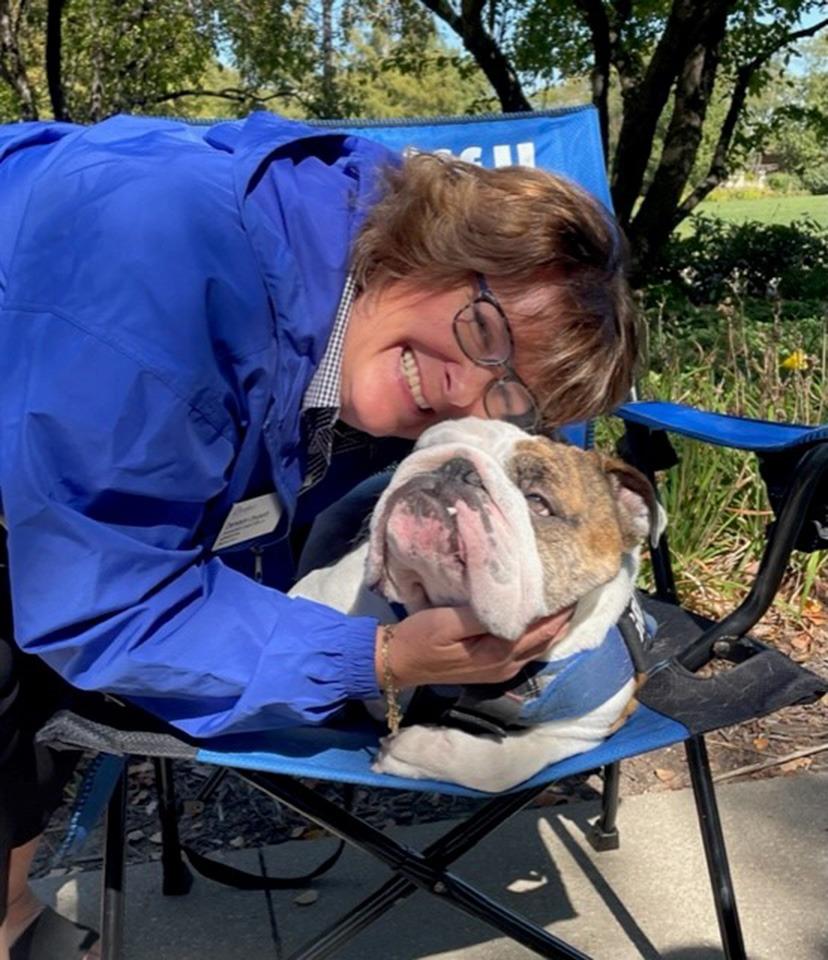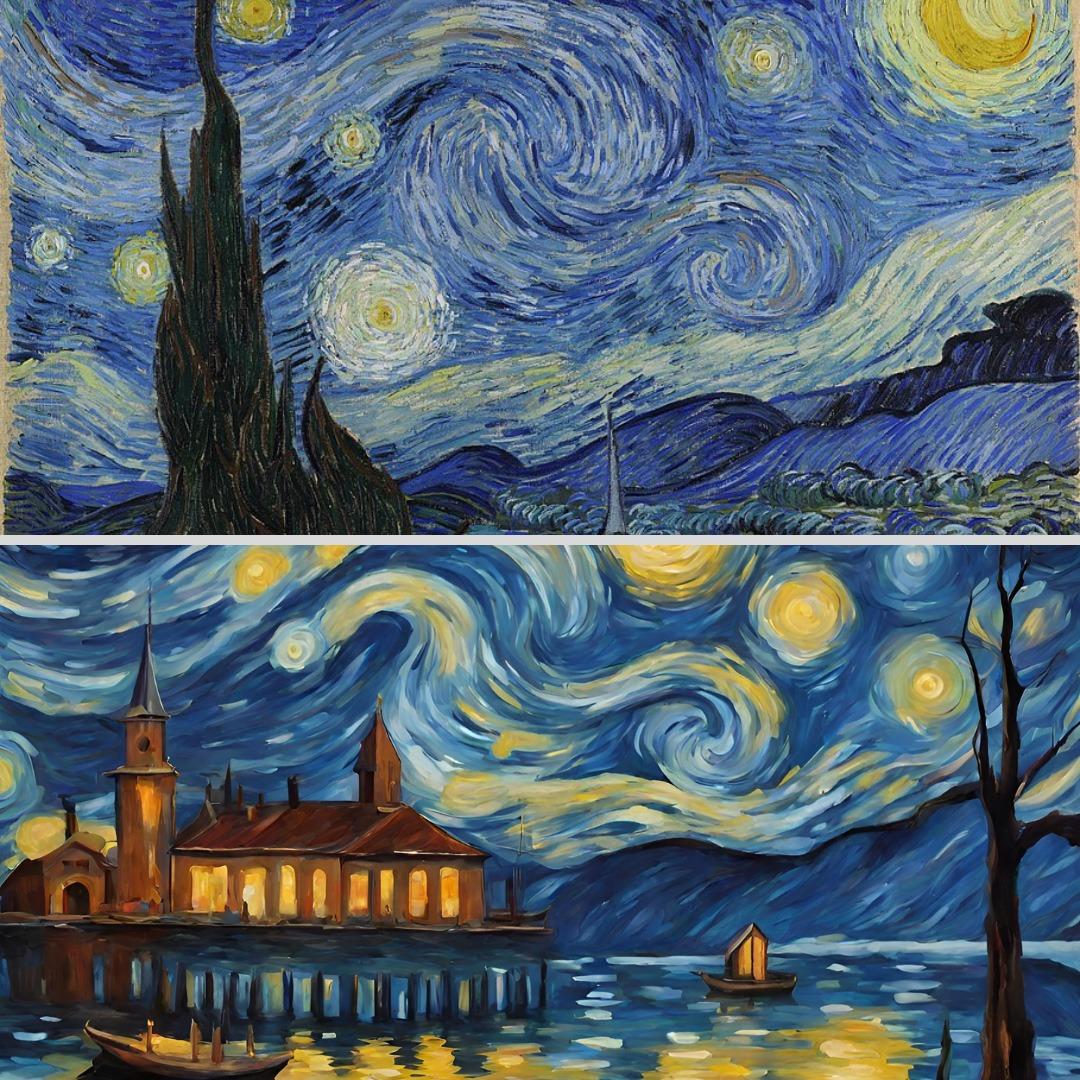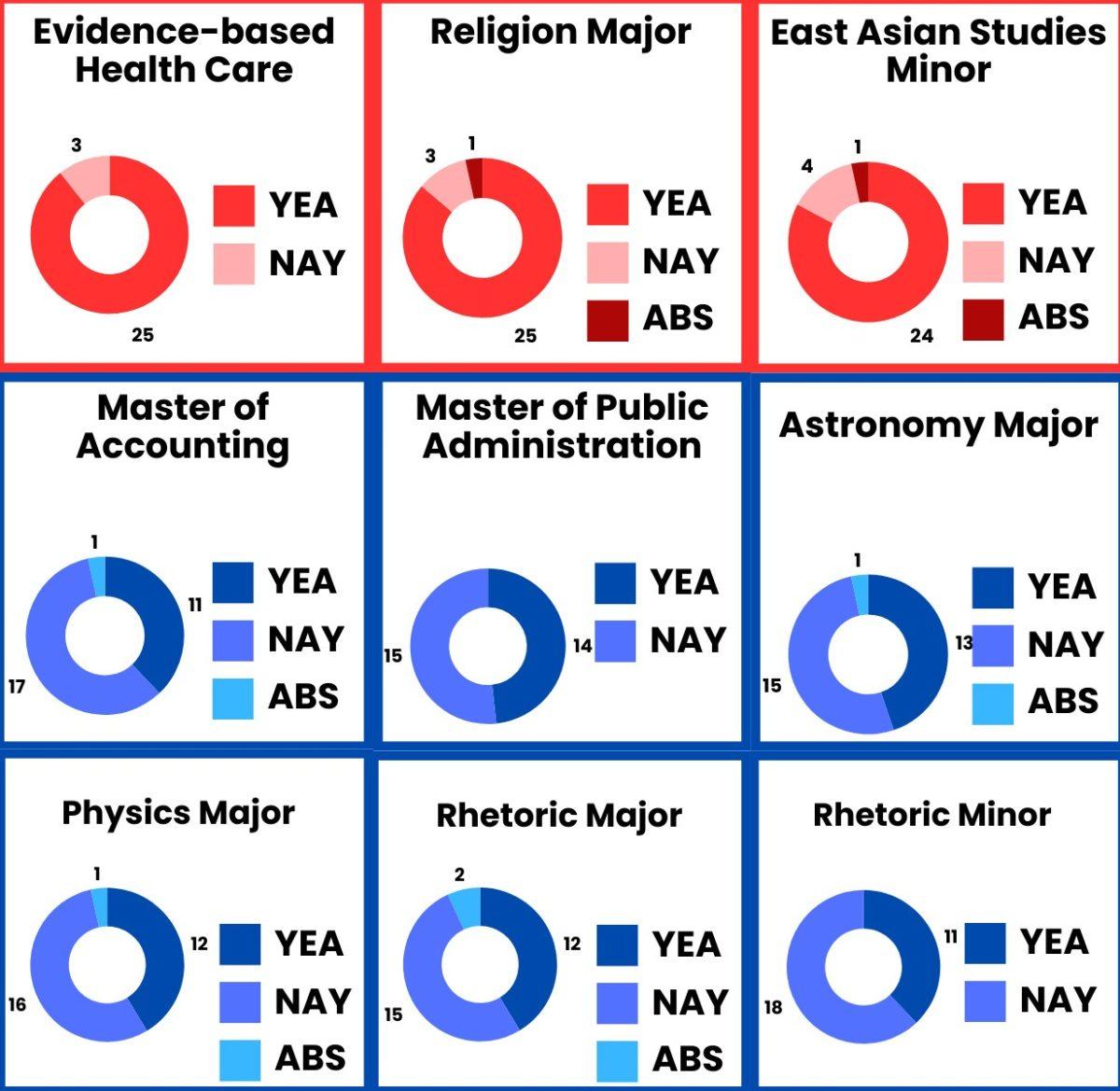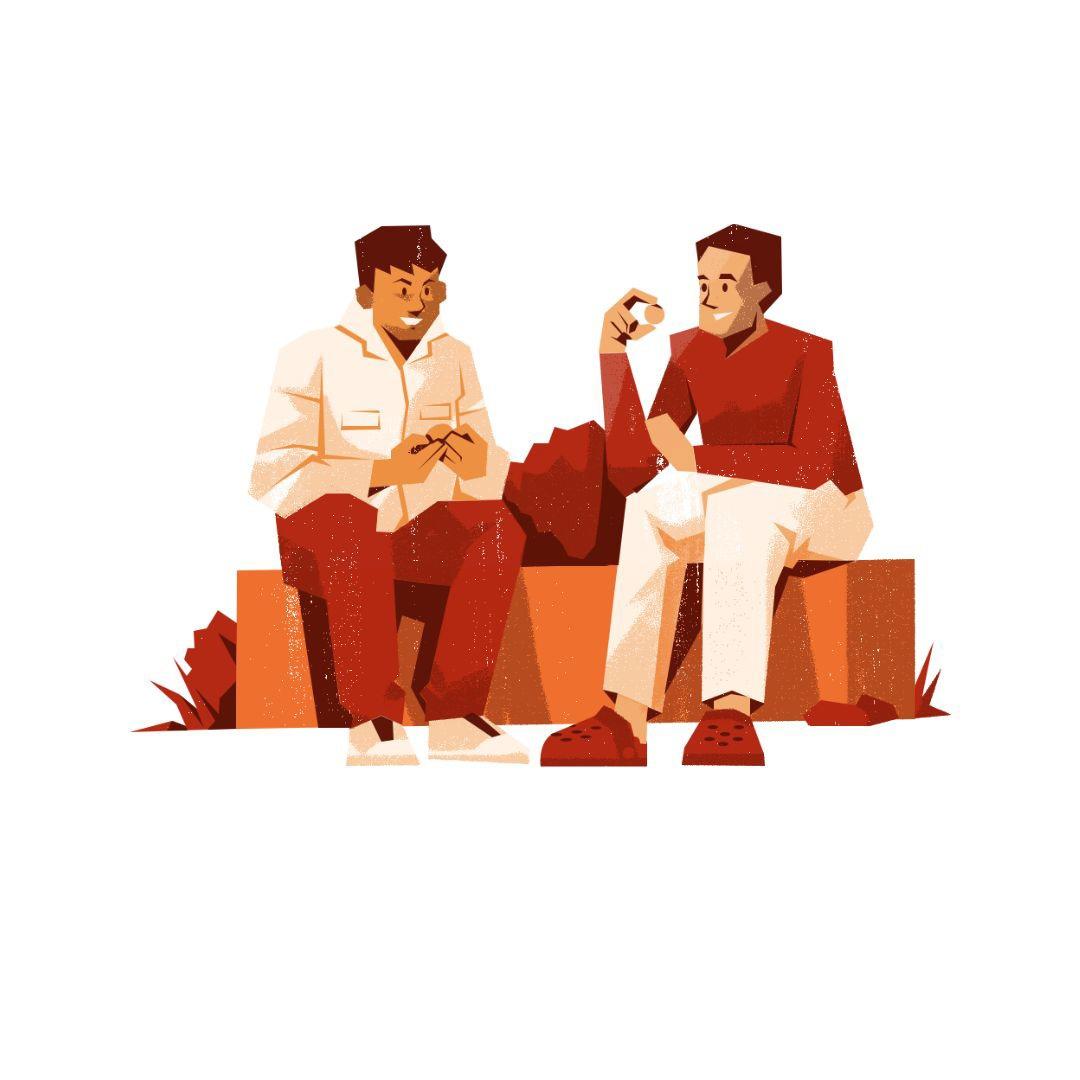From popular to racist, banned to revival, Yik Yak’s evolution has stirred up mixed opinions on Drake’s campus.
Since its creation in 2011, the social media app Yik Yak has sparked controversy. Developed as a way for college students to connect pseudonymously, the app allowed for anyone to share their grievances, thoughts, advice and questions in 200 words or less. Users could interact with almost anyone within a five-mile radius.
“People used it as a platform to share their random thoughts, and at times, there were lies and rumors that were spread about individuals,” sophomore Nathan Carter said.
At that time, Yik Yak could be used on a desktop or mobile device. It even contained a blog where the founders, their team and student contributors from around the country would post new stories, updates and much more.
Regardless if a student was on the mobile app or desktop, their identities remained secret. A simple icon in place of their name is what drew students in initially.
“That’s the appeal. No one knows who you are. You don’t know who they are,” junior Shun Tiong said. “That’s the best part.”
Anonymity doesn’t always prove to be a good thing, as Drake administrators quickly saw a rise in racist remarks and personal attacks on students.
“It’s to be expected on an app where anyone can say anything without repercussions,” Carter said.
The university banned it in 2017. Shortly after, Yik Yak founders Tyler Droll and Brooks Buffington sold their company to Square, a company that enables businesses to run credit card payments, sales, inventory and payroll all through one company. They distribute hardware and point-of-sale systems to businesses across the U.S.
Four years later, Drake students saw Yik Yak make a comeback on campus. In 2021, Square relaunched the application, maintaining the original look but simplifying it by removing the blog.
For legal and safety reasons, Yik Yak also implemented the role of campus moderators, a paid student position to keep things safe and appropriate. However, some students questioned its effectiveness.
“It’s still pretty toxic,” sophomore Jessica Avianeda said. “I don’t see much being done by the [moderators].”
A year after the relaunch, Yik Yak updated the application by adding a private messaging feature, though a user’s identity would still remain hidden.
“The update was cool. It made things more personal without getting too personal,” one anonymous Drake student said on Yik Yak. “The things I would say in the DMs [are] much more private than things I would’ve said to the whole group.”
Then, Yik Yak added a feature to allow users to post pictures and videos.
“I felt like it was trying to become almost another Twitter or Instagram,” said another anonymous Drake student on Yik Yak. “It wasn’t super used from what I could tell, but it existed and sometimes people used it.”
Videos and pictures are reviewed by the artificial intelligence in the application before being posted to ensure their appropriateness.
Despite these different additions, Yik Yak never underwent drastic changes. What students liked most about it was its simplicity – that is, until now.
In the last week of March, Yik Yak was once again sold. However, it was sold to SideChat, its competitor. In the middle of the day, students saw an extreme change to the application.
“One minute I was scrolling through the day’s Yaks, the next I get kicked out and came back to something completely different,” one anonymous Drake user said on Yik Yak.
The application not only uses users’ location, it verifies that students go to the school they say they do. How they do it remains undisclosed.
“The whole point is anonymity,” another Yik Yak user said on the app. “Other people don’t know who we are, but the app does. That’s what’s scary.”
The application also contains “subherds,” for people outside of campuses and within them to interact on different topics in smaller groups. Many different tabs are available to get students to different areas. Non-students can no longer interact with campuses unless they are on a subherd.
“I get it,” one Yik Yak user said on the app. “It’s a safety issue, but things happening outside of the campuses that students should be aware of won’t necessarily be shared with them as easily.”

